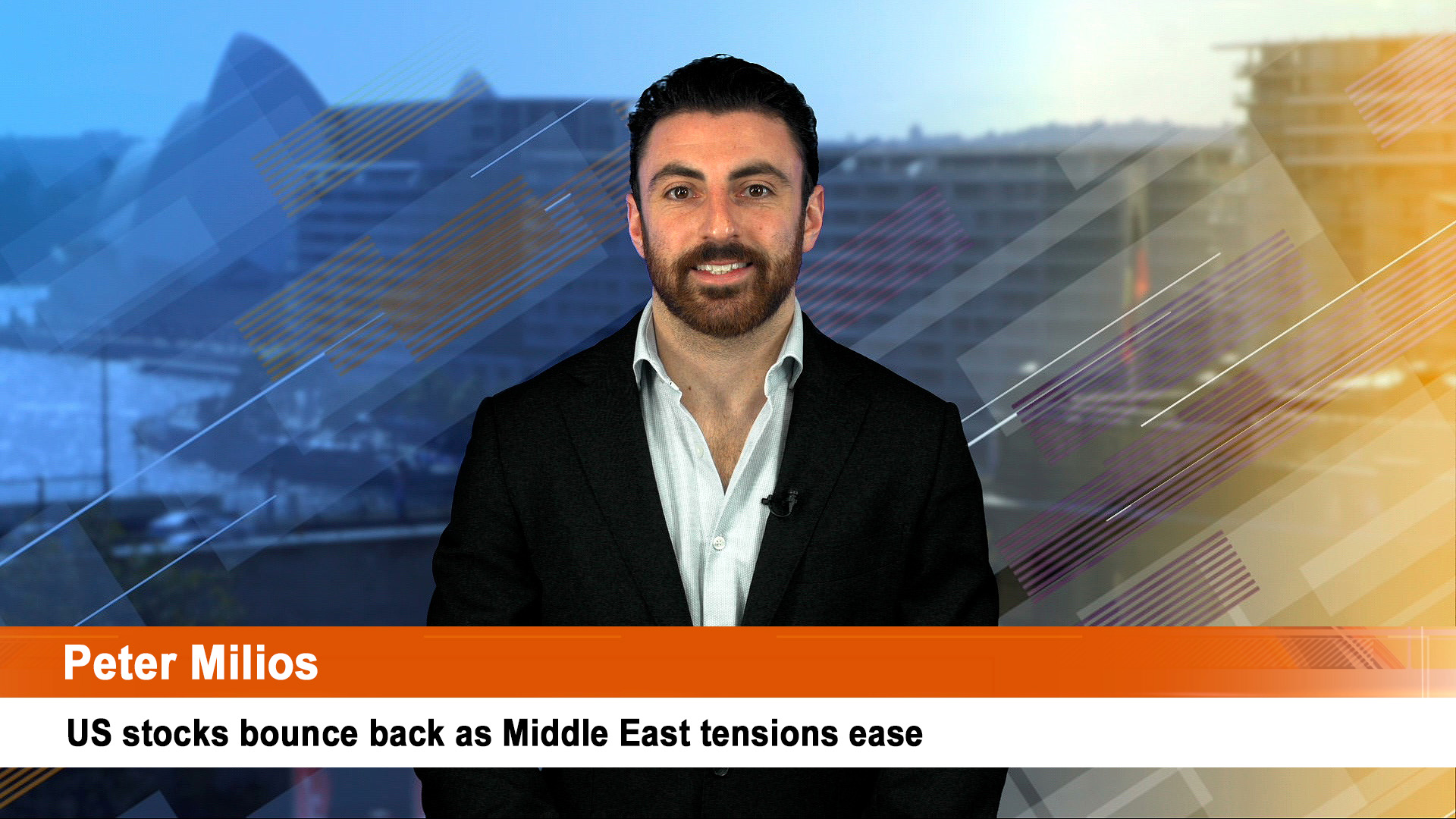BHP shareholders in Melbourne on Thursday night voted overwhelmingly to return the company back to a single listing after 21 years of dual quotation in London and Australia.
The proposal won support of more than 96% of proxy votes counted ahead of the shareholder meeting. A meeting in London was due to be held overnight for holders of shares in the Plc arm of BHP, which is to be delisted.
Subject to the London vote (75% of shares need to be voted in favour), the changes will happen on January 31.
The expected decision saw investors hop into BHP shares on Thursday, sending the price up 3.1% to $48.01, the highest they have been since August.
The meeting was told by chair Ken MacKenzie that returning to a unified listing “means that shareholders will have a company with a corporate structure that is ‘fit-for-purpose’ – to support the BHP we are today and our exciting future.
“Shareholders will be able to buy the same BHP share around the world via BHP Group Limited’s listings on the Australian, London and Johannesburg stock exchanges as well as our NYSE listed ADR program.
“We believe these benefits are significant for our future, underpin our strategy and support long-term shareholder value creation,” Mr MacKenzie told the shareholders
He repeated that the dual listing was no longer reflective of BHP today.
“(O)ver time, the makeup of our organisation has changed. We are not the same Group we were in 2001 (when the dual listing was set up after the Billiton takeover).
When the dual listing was first established in 2001, about 40% of the earnings were generated through the UK Plc entity.
That is now down below 5% today. Put simply, the DLC structure is no longer the optimal configuration for BHP, Mr Mackenzie said.
As to why dual listing was not happening, the chairman said it was because of lower costs
“Today, one-off unification costs have come down substantially – by approximately 1.2 billion US dollars since 2017. These are now expected to range between 350 to 450 million US dollars.
“Under the proposed structure, a significant part of these unification costs relate to stamp duties to be paid by BHP for the purchase of Plc shares.
“As a result, our most recent review of the DLC concluded that now was the right time to unify – facilitating a corporate structure that better supports the BHP of today and the BHP of tomorrow, and the value that will be delivered for our shareholders and stakeholders as a result,” he said.












